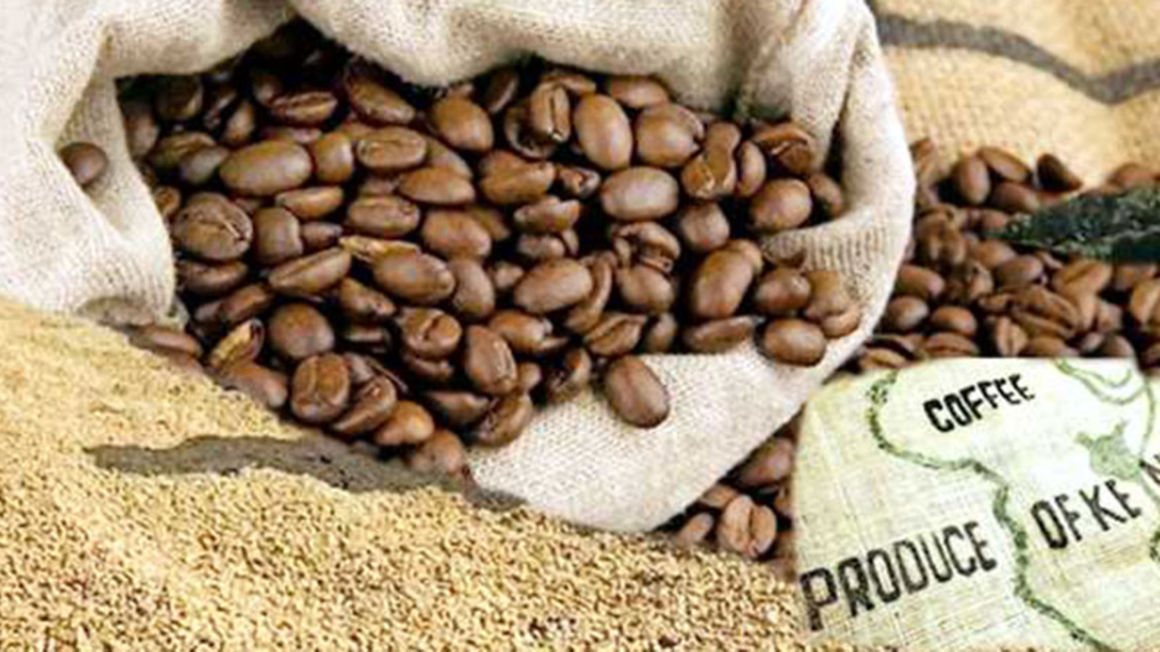06:02

Everyday an estimated 2.25 billion cups of coffee are consumed worldwide…90% of what's in these cups is produced in developing countries.
Coffee was introduced into Kenya about the same time the Colonial masters began their journeys into Africa.
It has remained a major contributor to the country's economy; for over a century. I paid Fairview Estate a visit to talk to them about coffee production.
Millicent Ongoro, Tourism Head, Fairview Estate: "So Fairview Estate was established in 1909 by a European lady called Evelyn Poy… so the coffee you are seeing here was actually planted in 1909.
Kenya's industry benefits from 2 harvests a year; the fly crop and the main crop.
The crop is harvested when the berries turn wine red.
"Normally we pick everyday from…...the pickers bring their berries to a sorting area. So we hand sort the coffee before putting the berries in a cherry popper," Ongoro says.
After that the coffee beans go through a water grading process they are then dried, milled and then graded by bean size; the beans are then ready for roasting and grinding at this point.
93 percent of the arabica coffee grown here is headed for the export market while 7 percent is consumed locally.
In May 2020 Kenya exported 21.5 million dollars worth of coffee down from 23.9 million dollars the previous month.
A myriad of challenges has seen the sector's performance fluctuate over the last decade.
Ongoro adds that, "Ideally we should be receiving around 1200mm of rainfall but because of climate change and all that we hardly get that so we are forced to irrigate our coffee."
To contend with changing weather patterns and the fall in production that comes with it; the government introduced a new variety into the market, called the Ruiru 11.
The arabica bean has been met with some resistance in some quarters. While others like Fairview Estate have embraced the new bean.
"The main determinants of a good coffee is the farming practices and the altitude that you can't do anything about……...,So you are still expected to get a very good cup from Ruiru 11."
Coffee is currently Kenya's 4th-largest export commodity; and provides 6 percent of the total agricultural exports.
But coffee farmers on average earn 35 percent of the international market value of their beans.
So to help growers maximize their profits, the government allows farmers to sell their coffee directly to international buyers.
Michael Warui, Director , Fairview Coffee Estate says, "About 15 years ago we decided to go up the value chain so we could begin to do direct sales.. So we went into the certification process. We are certified 4 global certification partners…..through direct sales we are able to literally double the value that you are getting from the auctions."
According to the Coffee Board of Kenya; Kenyan beans have a bright acidity, potent sweetness and a dry winy aftertaste.
However these flavor profiles haven't appealed much to local consumers; Kenya consumes 70g of coffee per person per year.
Nonetheless stakeholders believe that there's room for market share to grow.
"There's a vibrant urban youth with outlets like Java, and others emerging are increasingly drinking more coffee. I think it's seen as a sexy beverage not only here, but in other parts of the world. It's got great health benefits if you don't drink too much…………….hopefully that income will trickle down to the people we employ here," Warui submits.
Despite 3 decades of decline hurting the Kenyan crops' global opportunities and total outputs being cut by two thirds, the industry's economic drive continues to make it a leading cash crop for the country.
Source(s): Xinhua News Agency